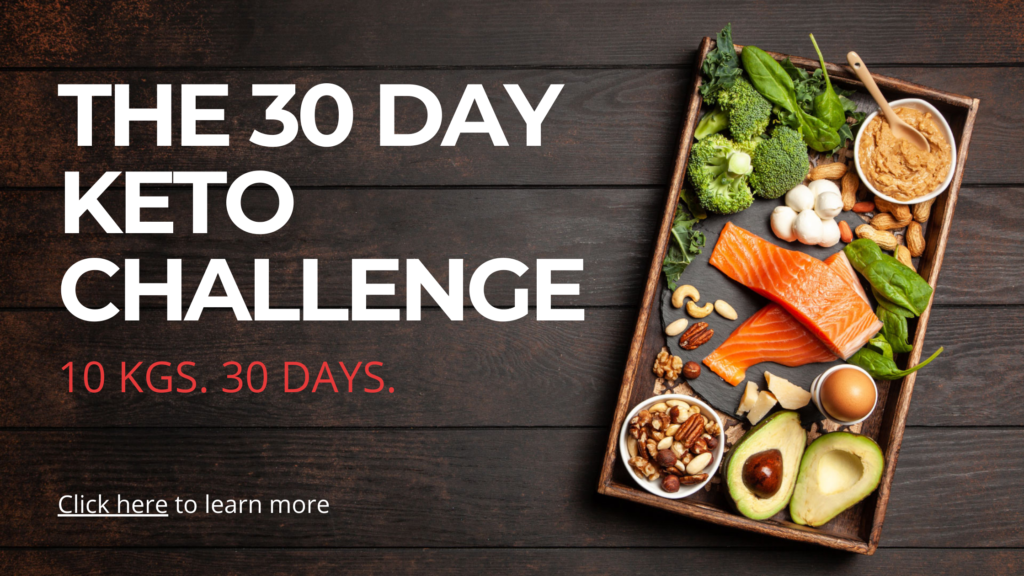Keto vs. Paleo: Which Diet is Better?
When it comes to dietary choices, two popular trends that have gained considerable attention in recent years are the ketogenic (keto) diet and the paleo diet.
While both diets emphasize whole foods and eliminate processed items, they differ significantly in their macronutrient compositions and underlying philosophies.
This article will explore the key differences between keto and paleo, examining their benefits and potential drawbacks, before concluding which diet may be the better option for many.
Understanding the Diets
Keto Diet:
The ketogenic diet is characterized by a high-fat, low-carbohydrate approach, typically consisting of about 70-80% fats, 15-25% protein, and only 5-10% carbohydrates.
The primary goal of the keto diet is to enter a metabolic state called ketosis, where the body burns fat for fuel instead of carbohydrates. This diet emphasizes foods like meats, high-fat dairy, avocados, nuts, and low-carb vegetables.
Paleo Diet:
The paleo diet, often referred to as the “caveman diet,” focuses on consuming foods that our ancestors would have eaten during the Paleolithic era. This diet eliminates processed foods, grains, legumes, and dairy, while emphasizing whole foods like lean meats, fish, fruits, vegetables, nuts, and seeds.
The macronutrient ratios are less strict than keto, allowing for a more balanced intake of carbohydrates, proteins, and fats.
Key Differences
Macronutrient Composition
- Keto: Strictly limits carbohydrates to induce ketosis, resulting in higher fat intake. This can lead to rapid weight loss and improved fat burning.
- Paleo: Allows for a wider range of carbohydrates, including fruits and sweet potatoes, which may lead to a more balanced energy intake but can prevent some individuals from achieving ketosis.
Focus on Ketosis
- Keto: The primary aim is to reach and maintain ketosis, which can provide various health benefits, including enhanced fat loss, improved mental clarity, and stabilized blood sugar levels.
- Paleo: While weight loss can occur, the focus is more on whole, unprocessed foods rather than achieving a specific metabolic state.
Dairy and Legumes
- Keto: Encourages the consumption of high-fat dairy products (like cheese and cream) while limiting carbohydrates.
- Paleo: Excludes dairy and legumes entirely, which can limit options for some individuals and lead to potential nutrient deficiencies.
Benefits of Each Diet
Benefits of the Keto Diet:
- Rapid Weight Loss: Many people experience significant weight loss in the early stages due to water loss and fat burning.
- Improved Blood Sugar Control: Keto can stabilize blood sugar levels and improve insulin sensitivity, making it beneficial for those with type 2 diabetes.
- Enhanced Mental Clarity: Ketones produced during ketosis can provide a steady source of energy for the brain, leading to improved focus and cognitive function.
- Increased Energy Levels: Once adapted to ketosis, many individuals report stable energy levels throughout the day.
Benefits of the Paleo Diet:
- Focus on Whole Foods: The emphasis on unprocessed foods can lead to a more nutrient-dense diet.
- Flexibility: The paleo diet allows for a wider variety of foods, making it easier for some people to follow long-term.
- Natural Approach: Many find the philosophy of eating as our ancestors did appealing, promoting a return to a more “natural” way of eating.
Potential Drawbacks
- Keto: Some individuals may experience side effects like “keto flu,” digestive issues, and nutrient deficiencies if not properly planned.
- Paleo: While generally more flexible, the paleo diet can still lead to deficiencies in certain nutrients (like calcium) due to the exclusion of dairy and grains.
Conclusion: Why Keto May Be the Better Choice
While both the keto and paleo diets have their merits, the ketogenic diet stands out for its potential for rapid weight loss, enhanced fat burning, and specific health benefits related to blood sugar control and mental clarity.
The ability to enter and maintain ketosis can lead to significant changes in body composition and overall health, making it an appealing option for many seeking effective dietary solutions.
Ultimately, the best diet is one that aligns with your individual health goals, lifestyle, and preferences. However, for those looking for a structured approach to weight loss and improved metabolic health, the keto diet may prove to be the superior choice.
As always, consulting with a healthcare professional or registered dietitian before making significant dietary changes is advisable.


